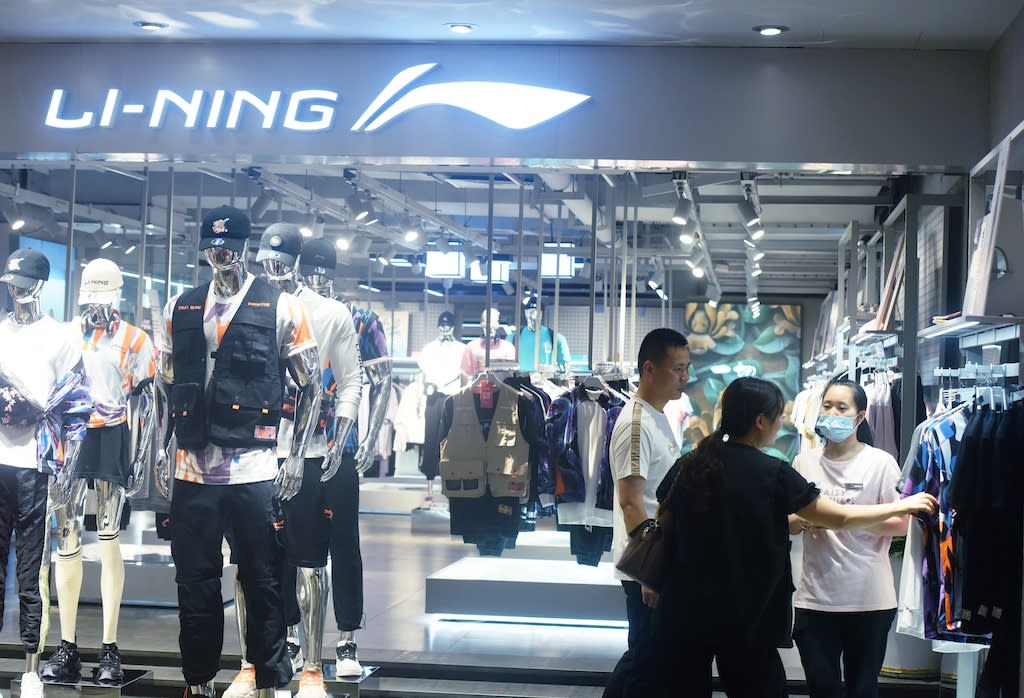China’s Relaxed Covid Measures Could Help Retail Recovery In the Region

After months of strict COVID-related measures, China is relaxing some of its restrictions, which could be a good sign for retail companies baking on recovery in the region.
The ruling Communist Party this week announced that it will lift the COVID-19 quarantine requirement for inbound visitors from abroad beginning Jan. 8, 2023, marking a major shift in the country’s hard-line approach to controlling the virus. And earlier this month, China dropped many rules related to its Zero-Covid policy, which often included widespread lockdowns and mass testing.
More from Footwear News
Chinese Authorities Seize More Than 240,000 Counterfeit Items, Thanks to Amazon Tip
Adidas Slashes Full Year Outlook, Rolls Out 'Business Improvement Program'
With the news, travel to China will become more accessible to foreign travelers who will no longer have to quarantine for five days at a hotel and three days at home and sudden widespread lockdowns will likely be a thing of past. These changes could help spur retail recovery in the region as more tourists visit and as more residents feel encouraged to get outside and shop locally.
For the footwear industry, which largely relies on China for production and sales, these loosening restrictions are crucial. Throughout the pandemic, lockdowns across China had serious ramifications for U.S. brands.
In January, the spread of the Omicron variant in China prompted lockdowns of at least 20 million people, mostly in the city of Xi’an in western China and in north-central China. And in March, lockdowns across Changchun, Jilin City, Shenzhen, Dongguan and Langfang, which represented strong areas of footwear production and sourcing, also impacted the industry.
According to Nike’s 10-Q form filed with the SEC in April, a COVID-19 resurgence in Greater China made the company experience “a higher level of temporary store closures, with some operating on reduced hours, as well as lower physical traffic versus pre-pandemic periods.”
Given the athletic giant’s presence in China, loosening restrictions could be the final push needed to accelerate its recovery in the region. And in its most recent earnings report, Nike noted that sales in Greater China grew 6% on a currency-constant basis in Q2 after months of disruption in the region.
“We have remained committed to investing in Greater China for the long term,” said Nike CEO John Donahoe in a December call with analysts. “Even in this dynamic environment, we continue to invest in technology, local marketing and more as we believe the best way to capture demand in China is to serve consumers in a locally relevant way.”
Adidas in April said more than 60 stores in Shanghai had to close temporarily due to Covid related restrictions. In the company’s most recent earnings report in November, Adidas CFO Harm Ohlmeyer noted that a hit to offline traffic and a threat to local influencer partnerships to due the fear of potential lockdowns under China’s zero-Covid policy had impacted its performance in the region.
In their most recent earnings reports, VF Corporation and Tapestry also noted the disruptive impact of lockdowns in China on business in the region. Tapestry, which owns Coach, Stuart Weitzman and Kate Spade, even said its softer outlook for fiscal year 2023 was “based on the expectation for a delayed recovery in China.”
Locally, neither Alibaba nor JD.com released sales data, or gross merchandise volume, for Singles’ Day (Nov. 11), which is largely considered the most important online shopping festival in China. Bain & Co. predicted in October that more than 34% of shoppers planned to decrease spending for this year’s Singles’ Day, as consumer enthusiasm stalled amid COVID-related impact and weak economic outlooks.
Best of Footwear News
These Stores Are Open on Christmas Day in 2022 for Last-Minute Shopping, Live Updates
These Stores Are Offering Same-Day Delivery for Last-Minute Christmas Shoppers
Sign up for FN's Newsletter. For the latest news, follow us on Facebook, Twitter, and Instagram.

